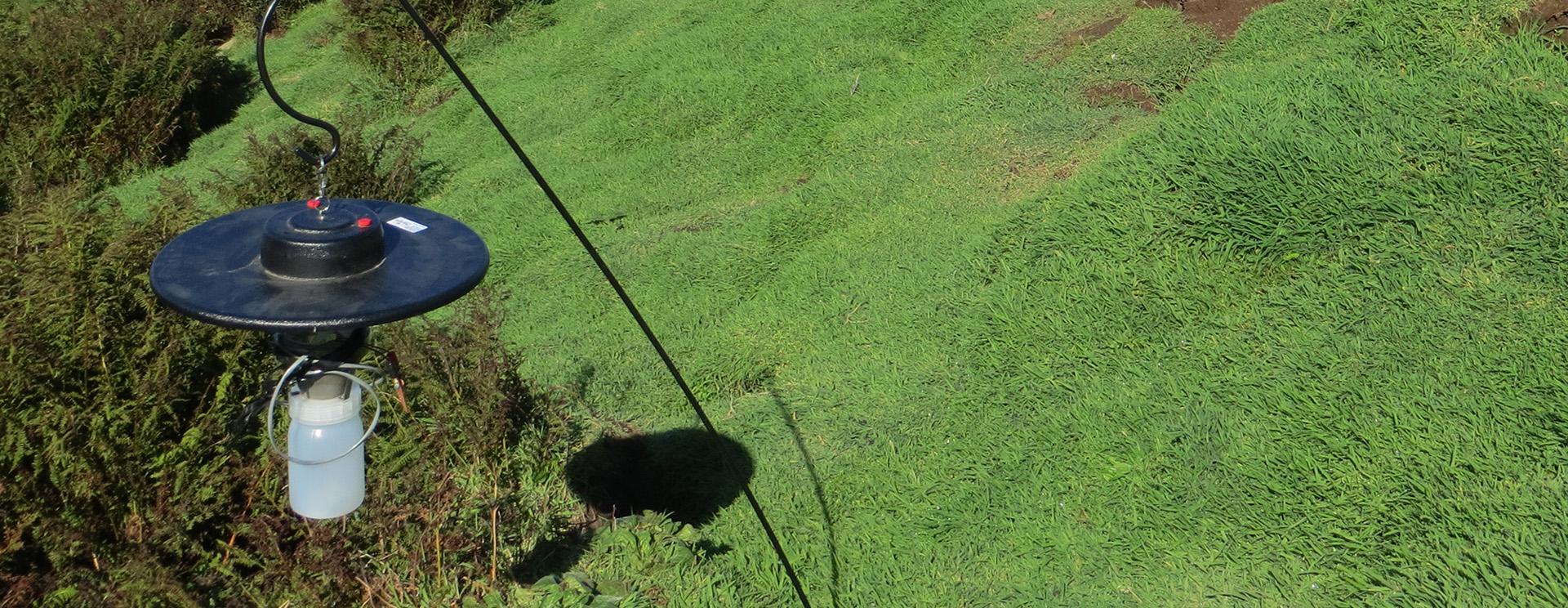Porcisia transmission by prediuresis of sand flies
Parasites of the genus Porcisia, together with the genus Endotrypanum, form a sister clade to the species-rich and medically important genus Leishmania. Both Porcisia species, P. hertigi and P. deanei, are dixenous parasites of Neotropical porcupines. Almost 50 years after their first discovery, knowledge of their life cycle remains poor and their insect vectors are unknown. Because competent vectors of their closest phylogenetic relatives, genera Endotrypanum and Leishmania, are phlebotomine sand flies (Diptera: Psychodidae) and/or biting midges (Diptera: Ceratopogonidae), we examined here the potential of both sand flies and biting midges to transmit Porcisia parasites. The insects (Lutzomyia longipalpis, L. migonei and Culicoides sonorensis) were exposed to parasites through the chicken skin membrane and dissected at various time intervals post bloodmeal. Potentially infected females were also allowed to feed on the ears of anaesthetized BALB/c mice and the presence of parasite DNA was subsequently confirmed in the mice by PCR. Porcisia hertigi did not survive defecation in L. longipalpis or L. migonei, suggesting that these sand fly species are unlikely to serve as natural vectors of this parasite. Similarly, P. hertigi infections were lost in Culicoides midges. In contrast, mature P. deanei infections developed in 51-61% of L. longipalpis females, 7.3% of L. migonei females and 7.7% of Culicoides sonorensis females. In all three vector species, P. deanei colonized predominantly Malpighian tubules and produced metacyclic infective forms. Transmission of P. daenei to BALB/c mice was demonstrated via the prediuresis of L. longipalpis females. This mode of transmission, as well the colonization of Malpighian tubules as the dominant tissue of the vector, is unique among trypanosomatids. In conclusion, we demonstrated the vector competence of L. longipalpis for P. deanei but not for P. hertigi, and further studies are needed to evaluate competence of other Neotropical vectors for these neglected parasites.
